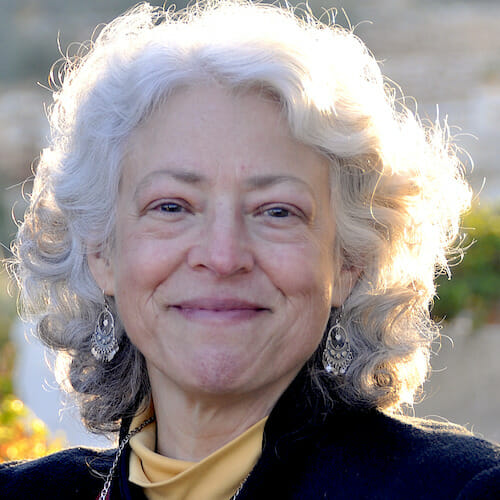

I have an alternative to the question posed in John O’Connor’s Dec. 8. column, “Is being groped supposed to be part of the job?”
Almost every caregiver working with disoriented older adults has faced sexual expressions in the course of our work. There are ways of handling these situations that don’t involve weapons, slaps, put-downs or being groped.
The first thing is to recognize that sexuality doesn’t stop when you get very old. For many (older) adults, this is a basic human need. Why should older adults not have the freedom to express their sexuality?
The second thing is to recognize that, often, sexual identity is an integral part of a person’s view of himself or herself — “I am an attractive woman who is drawn to handsome young men. I’ve always been a sexy woman, and I’m still that same sexy woman.”
Given those basic human rights and identity issues, caregivers need to realize that there is a lot going on beyond the expression or challenge that is facing them.
But I promised an alternative response and here it is, from my experience on the work-floor.
When a man came up to me with his hands reaching for my breasts, saying, “Come on honey,” I moved toward him, taking his hands in mine. I moved close and started to sing an old love song. We swayed back and forth, like dancing as I sung.
Then I said, “Did you dance a lot with your wife?” He looked at me, “We sure did! When we were kids, every Saturday night.”
“What were you like back then?”
“Ha! I was a handsome devil. Loved the ladies!”
“I bet you were! Quite a man!”
“That’s right. I had my pick!”
“So what was it about your wife that made you choose her?”
“She had this smile and warmth.”
Now we had stopped the dancing movement, and I could take a step back to look in his eyes. I reached up to his face and used a special touch on his jawline that often evokes feelings associated with being in a love relationship.
“You loved her a lot didn’t you?”
“I sure did. I miss her every day.”
By now, (about three minutes later) his mood had changed, and we were able to walk together to the sofa, where he preferred to sit. I said, “See you later” and went on with my work.
Learning to handle any emotional or needs-based expression is not difficult. One simply needs the training.
Vicki de Klerk-Rubin is a validation master teacher and executive director of the Validation Training Institute. She has a Bachelor of Fine Arts degree from Boston University and an MBA from Fordham University. She completed her nursing degree at Higher Technical School of Amsterdam. She lives in The Hague, The Netherlands.
The opinions expressed in each McKnight’s Senior Living guest column are those of the author and are not necessarily those of McKnight’s Senior Living.
Have a column idea? See our submission guidelines here.


